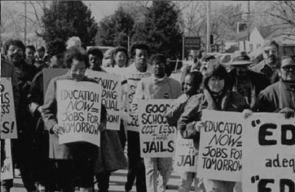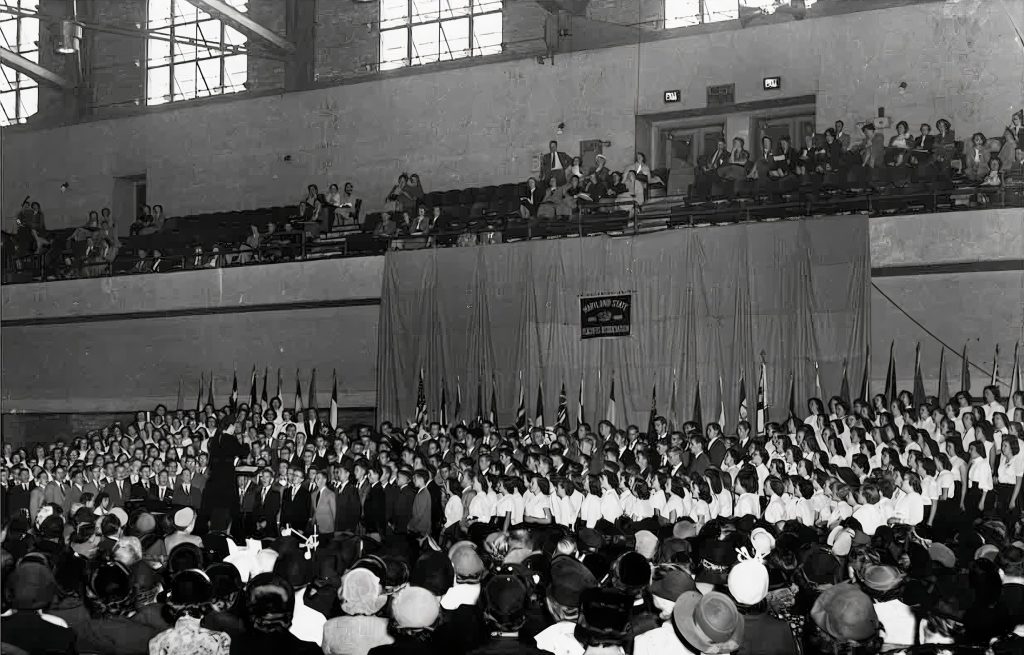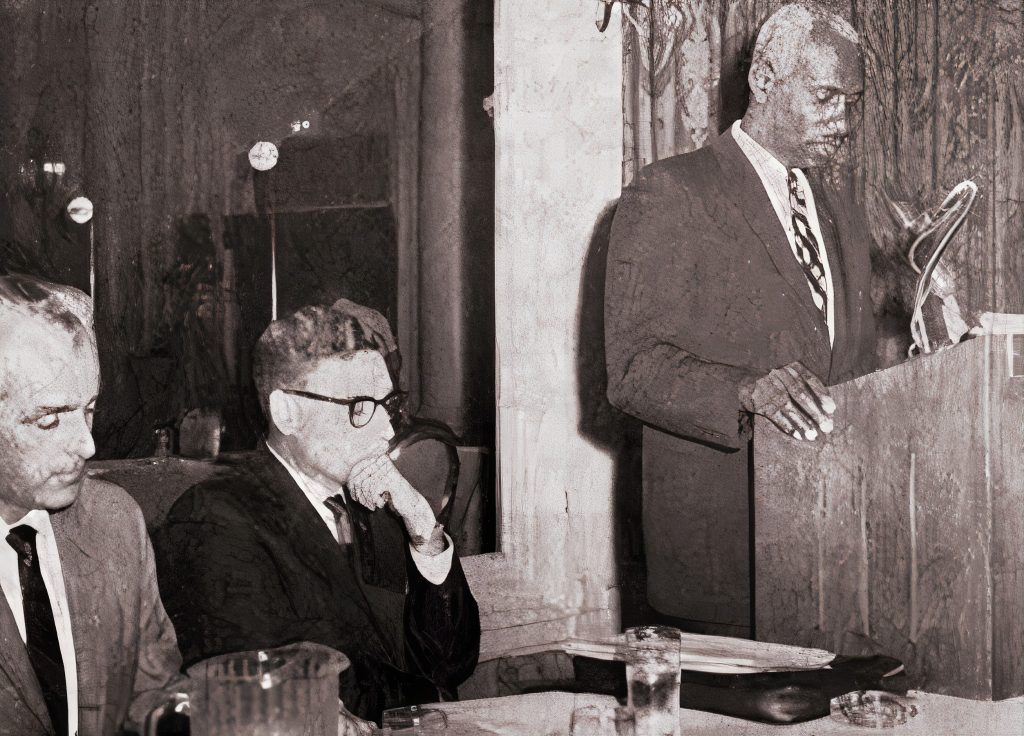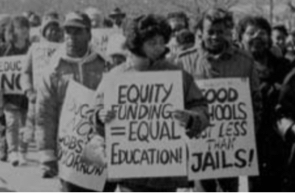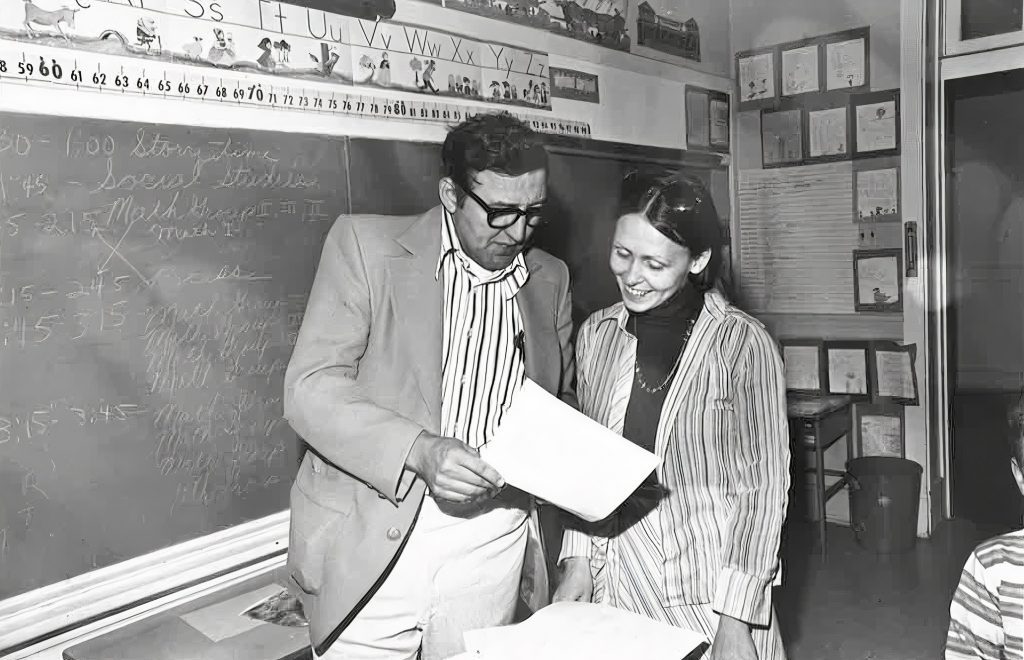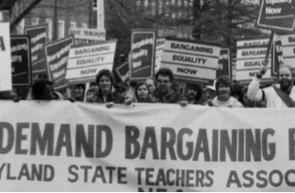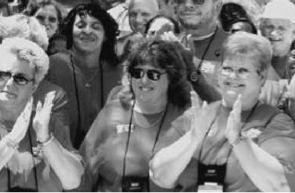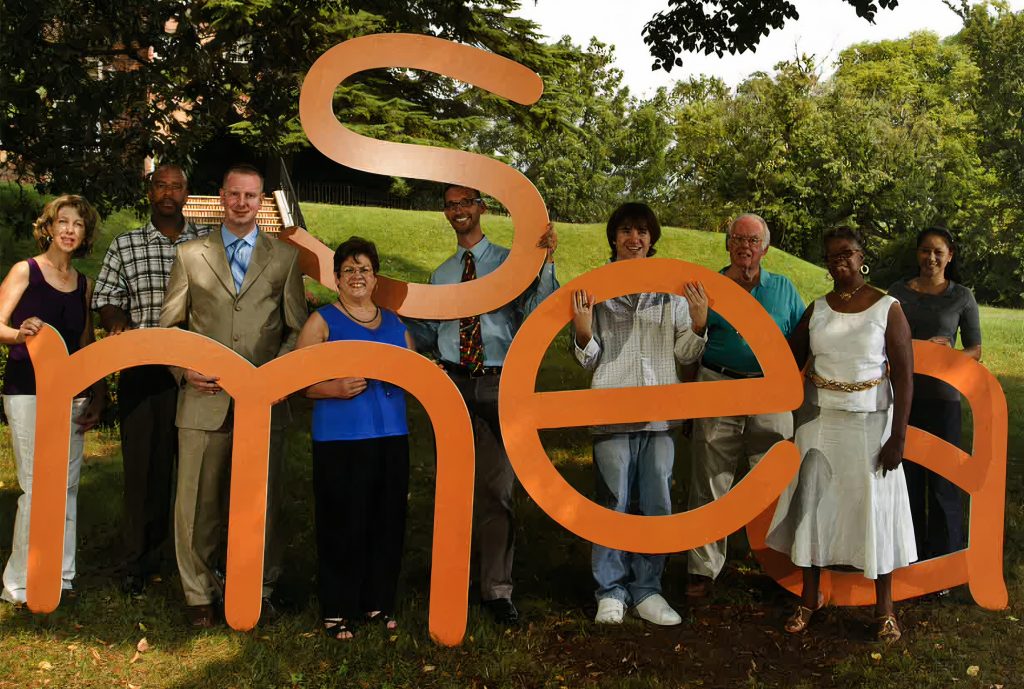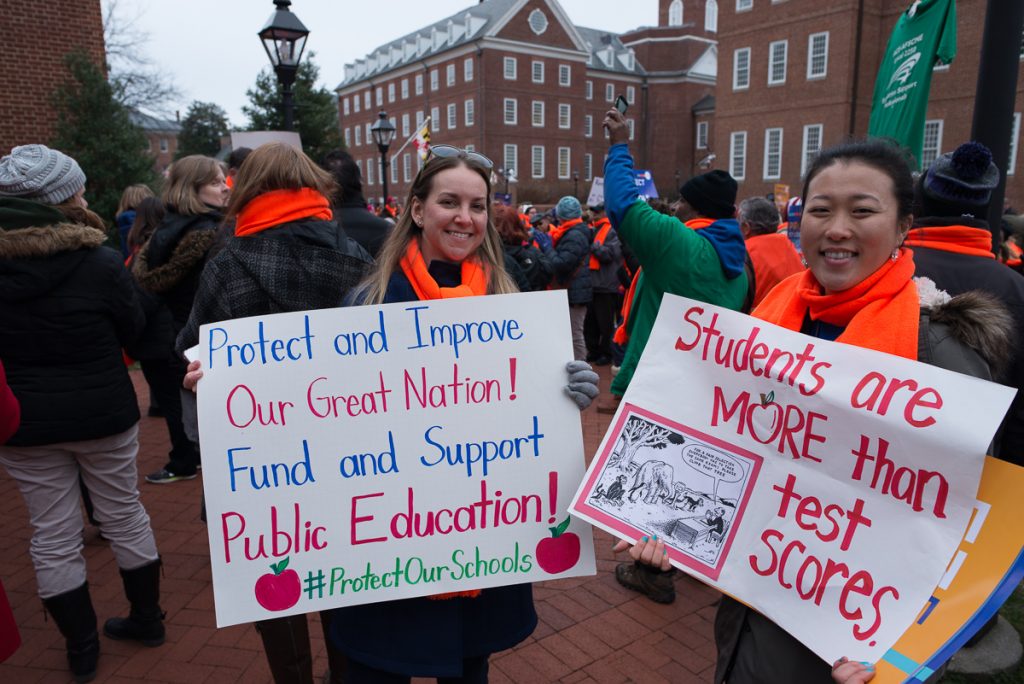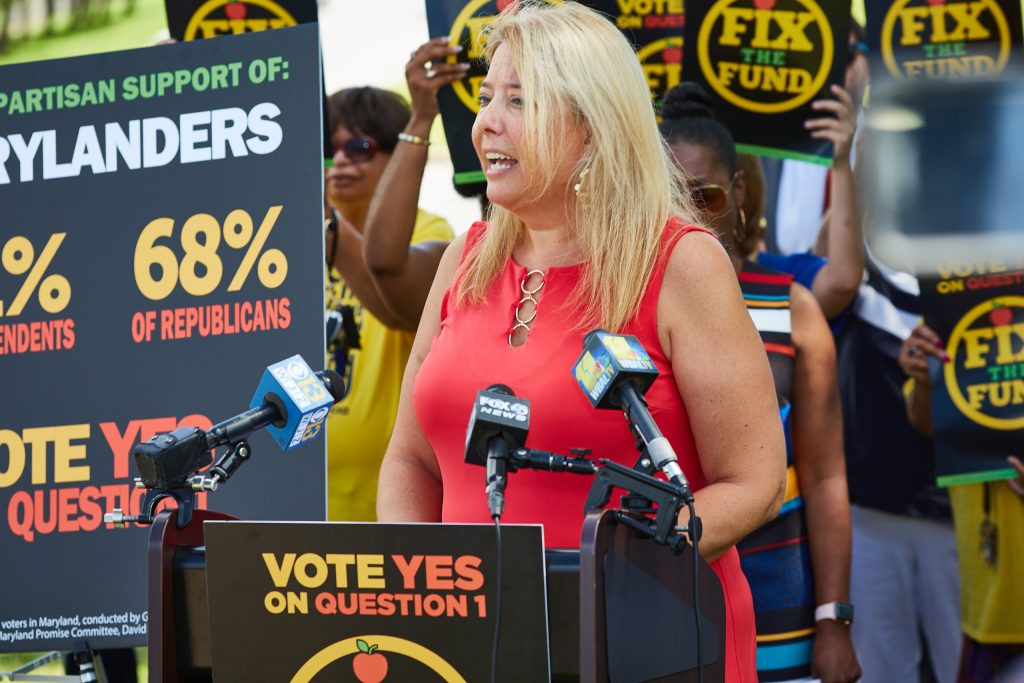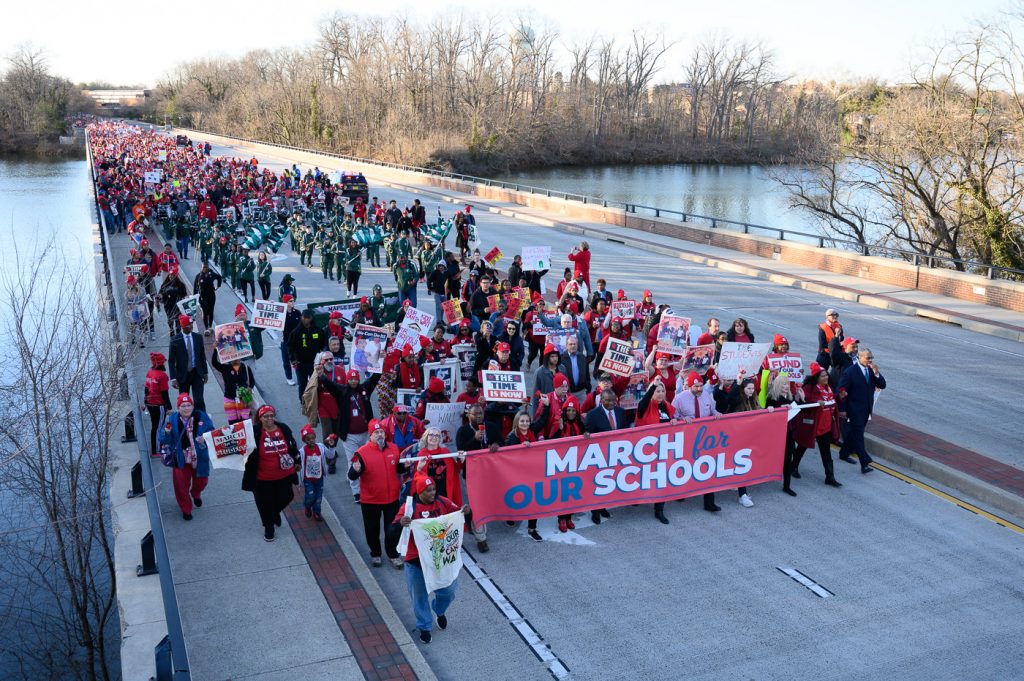Who We Are
Our Union: Our Voice, Our Power
Since our founding in 1865, no organization has fought for Maryland’s educators longer and harder than the Maryland State Education Association. Our power comes from the voices of educators—standing up for good salaries and benefits, safe and modern working conditions, education policies that make sense for students, and the resources and support that every school in every neighborhood needs.
Our union is a democratic, member-driven organization of school employees with shared goals, shared vision, and a shared belief in strongly advocating for one another.
Over the years, unionized educators in Maryland have fought and won. We’ve made real progress for school staff and students—from basic job protections and duty-free lunches to increased salaries and funding for our schools. These wins come from our unapologetically strong collective voice, speaking up for our members, our schools, and racial, social, and economic justice. When we speak up for smaller class sizes and caseloads—we can win. When we speak up for the respect and autonomy that we deserve as professionals—we can win. When we speak up for a seat at the table where decisions are being made that impact our lives and those of our students—we can win.
Educators Need a Strong Voice
We’re committed to supporting educators at every stage in their career, from the very first years through a secure retirement, including high quality professional development that is rich, deep, and targeted to the changing needs of educators, the complexity of our work, and the diversity of our students.
We’re driven by members’ priorities. Members set the policy, set the tone, and lead our union—giving voice to the concerns we face and championing the policies that will make a difference in our communities. Our union provides training for members and skilled staff to support collective bargaining for your next contract, we advocate for state legislation to make our jobs easier, and we support federal initiatives that support the work educators do across the state.
All too often, politicians and non-educators attempt to influence our curriculum, autonomy, and ability to do our jobs well. We believe in a ground-up model, where the education, experience, expertise, and creativity of school-based employees is sought, valued, and implemented. Our history of progress in delivering local and statewide pro-student, pro-educator education policy changes and winning school board, local, and statewide elections is proof of our union power.
Whether it’s pushing back on extremist groups trying to ban books in our schools or standing up to short-sighted politicians underfunding our schools, our union is there. We know that when we stand together, there is so much good we can do for our students, our communities, and each other.
A History of Wins
Maryland State Teachers Association (MSTA) founded
First MSTA annual meeting
MSTA and all-Black Maryland Educational Association merge
MSTA purchases liability policy for MSTA members
Duty-free lunch period for teachers legislated
Collective bargaining bill for teachers passes
Enactment of first collective bargaining law for education support personnel (ESP)
Expanded membership includes ESP
MSTA helps win passage of the Bridge to Excellence in Public Schools Act
Also known as Thornton, the Bridge to Excellence in Public Schools Act increases funding levels and equity across the state.
MSTA changes name to Maryland State Education Association (MSEA)
MSEA wins passage of More Learning, Less Testing Act and Protect Our Schools Act
The More Learning, Less Testing Act and Protect Our Schools Acts limit the amount of, and emphasis on, mandated standardized testing.
MSEA leads successful campaign for passage of Question 1
A constitutional amendment to ensure that casino revenues go to increasing school funding.
Question 1 is the most successful ballot measure in 24 years.
MSEA secures new, more equitable school funding formula
Educators lead a four-year campaign to win a transformational, equitable funding formula that will improve staffing, salaries, and student programs in every neighborhood in Maryland.


